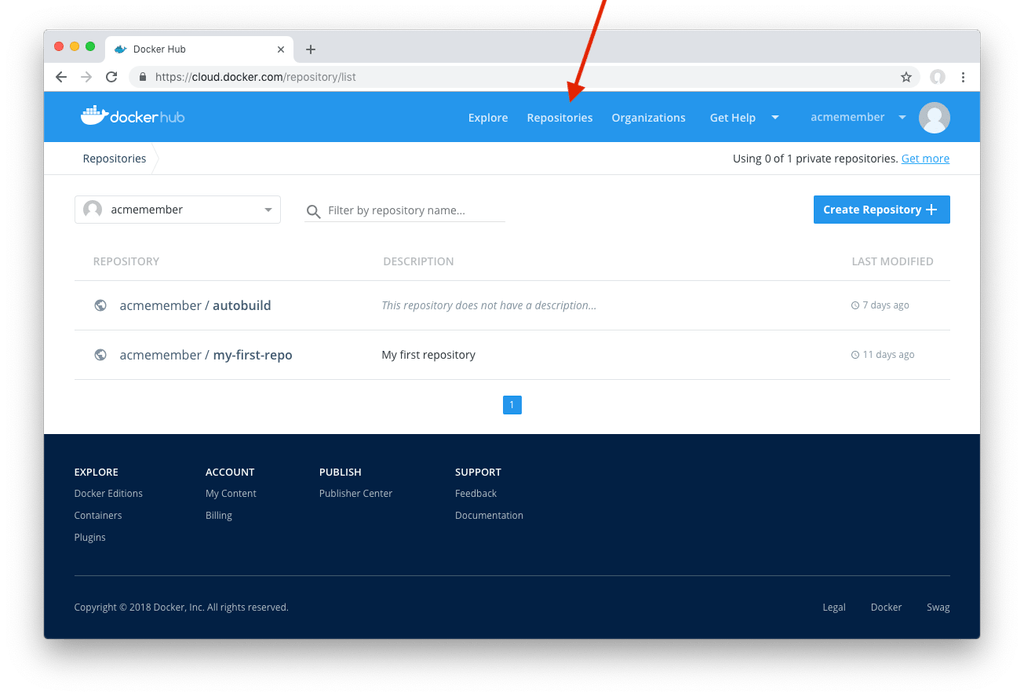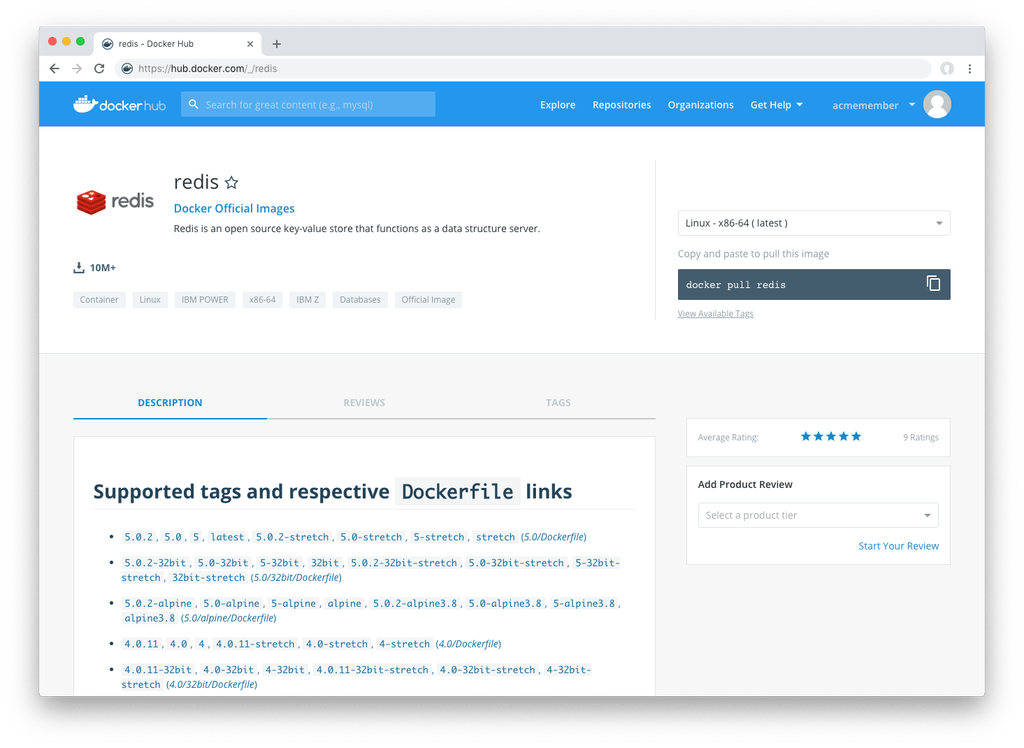Yesterday, the team at Docker announced that Docker Store and Docker Cloud are now part of Docker Hub. This makes the process of finding, storing and sharing container images easy. The new Docker Hub has an updated user experience where Docker certified and verified publisher images are available for discovery and download. Docker Cloud, a service provided by Docker helps users to connect the Docker Cloud to their existing cloud providers like Azure or AWS. Docker store is used for creating a self-service portal for Docker’s ecosystem partners for publishing and distributing their software through Docker images.
We’re excited to announce that #Docker Store and Docker #Cloud are now part of Docker Hub, providing a single experience for finding, storing and sharing container images. Learn more: https://t.co/IgsSVGwb0n pic.twitter.com/d3NxFjuM4A
— Docker (@Docker) December 14, 2018
What’s new in this Docker Hub update?
Repositories
 Source: Docker
Source: Docker
- Users can now view recently pushed tags and automated builds on their repository page.
- Pagination has now been added to the repository tags.
- The repository filtering on the Docker Hub homepage has been improved.
Organizations and Teams
- Organization owners can now view the team permissions across all of their repositories at one glance.
- Existing Docker Hub users can now be added to a team via their email IDs instead of their Docker IDs.
Automated Builds

Source: Docker
- Build Caching is now used to speed up builds.
- It is now possible to add environment variables and run tests in the builds.
- Automated builds can now be added to existing repositories.
- Account credentials for organizations like GitHub and BitBucket need to re-linked to the organization for leveraging the new automated builds.
Improved container image search
- Filter by Official, Verified Publisher, and Certified images guarantees a level of quality in the Docker images.
- Docker Hub provides filter by categories for quick search of images.
- There is no need of updating any bookmarks on Docker Hub.
Verified publisher and certified images
- The Docker certified and verified publisher images are now available for discovery and download on Docker Hub.
- Just like official Images, even publisher images have been vetted by Docker.
- The certified and verified publisher images are provided by the third-party software vendors.
- Certified images are tested and supported by verified publishers on Docker Enterprise platform.
- Certified images adhere to Docker’s container best practices.
- The certified images pass a functional API test suite and also display a unique quality mark “Docker Certified”.
Read more about this release on Docker’s blog post.
Read Next
Docker announces Docker Desktop Enterprise
Creating a Continuous Integration commit pipeline using Docker [Tutorial]










![How to create sales analysis app in Qlik Sense using DAR method [Tutorial] Financial and Technical Data Analysis Graph Showing Search Findings](https://hub.packtpub.com/wp-content/uploads/2018/08/iStock-877278574-218x150.jpg)